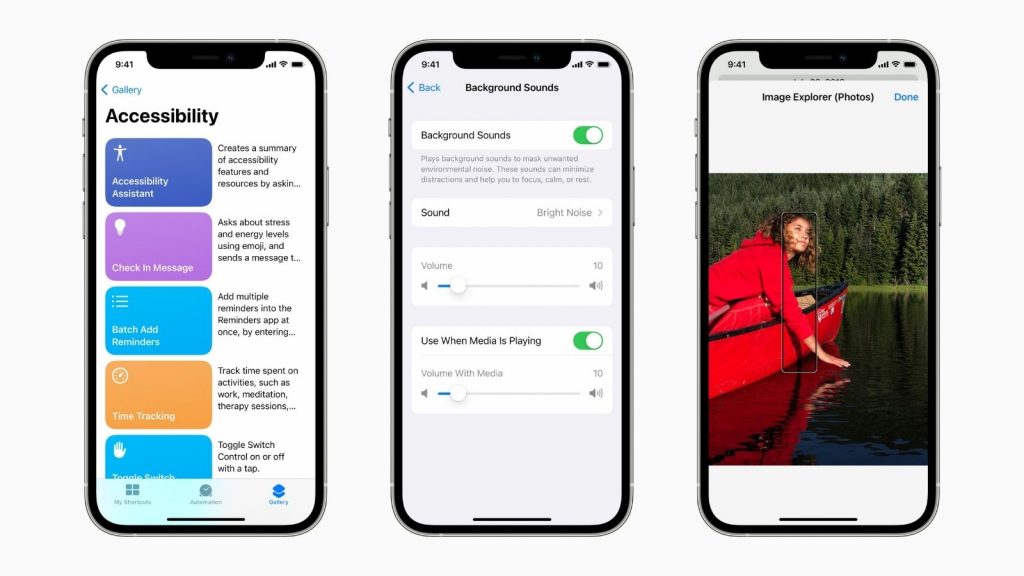Apple has revealed several accessibility features for its devices aimed at users with disabilities such as low vision and hearing impairment.
The company announced the new features on 19 May.
No ad to show here.
The features are aimed at Apple users with mobility, vision, hearing, and cognitive disabilities.
“These next-generation technologies showcase Apple’s belief that accessibility is a human right and advance the company’s long history of delivering industry-leading features that make Apple products customisable for all users,” the company said in a statement.
Apple will roll out the features as software updates later this year.
What new accessibility features does Apple offer?
Apple has launched a new feature for the Apple Watch called AssistiveTouch.
The feature lets users with upper body limb differences access watchOS without having to touch the watch display controls.
The watch will detect subtle muscle movements and tendon activity such as clenching while users control a cursor using hand gestures to access the Notification and Control Centers.
For the iPad, Apple will introduce support for third-party eye-tracking devices. This will let people move a cursor across the device’s display by simply moving their eyes, or perform actions by holding eye contact.
Apple will introduce a new update for VoiceOver, its screen reader for blind and low vision users.
VoiceOver will provide further details about objects and people in images. It can also describe the positions of those items in the image itself and users can add their own descriptions to them.
Apple is also introducing background sounds on its devices. The feature plays sounds such as balanced or dark noise and water-based sounds in the background to hide external noise. They can also be incorporated into existing device sound systems.
Meanwhile, Apple has launched a new customer service portal called SignTime. The portal connects users with AppleCare and Retail Customer Care using the sign language for their region.
Apple Store customers can also use SignTime to speak with sign language interpreters without having to book ahead of time.
Apple will launch SignTime in the US, UK, and France before rolling it out to other countries. It’s not yet clear if the service will be available in South Africa.
Other accessibility features Apple will launch include sound actions for device control, display and text size settings, and new Meemoji customisation options for users that include oxygen tubes, cochlear implants, and soft helmets.
Feature image: Apple
Read more: Spotify rolls out accessibility features for mobile app
